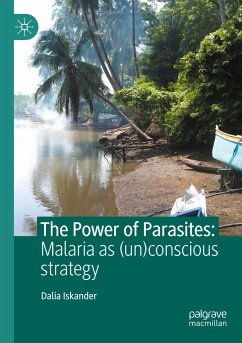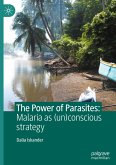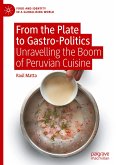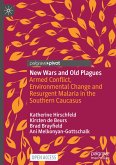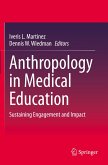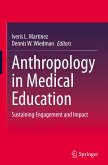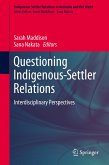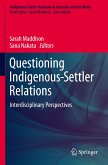This book describes how malaria both frustrates and facilitates life for Indigenous Palawan communities living in the forested foothills of the municipality of Bataraza on the island of Palawan in the Philippines. Tracing the arc of malaria on the archipelago from colonial encounters to the present day, it examines the ways in which malaria parasites have become entangled in contemporary lives. It uniquely explores the experiences of local government leaders working towards sustainably developing this last ecological frontier, health workers trying to meet international targets to eliminate malaria, and Palawan people trying to keep their bodies, social relations and the cosmos in careful balance. In exquisite detail, Dr Dalia Iskander shows how malaria emerged from, and was intrinsic to, a whole host of strategically-orientated social practices that were enacted in as well as around the disease's name, as people worked day-to-day to gain power in different guises in different arenas.

